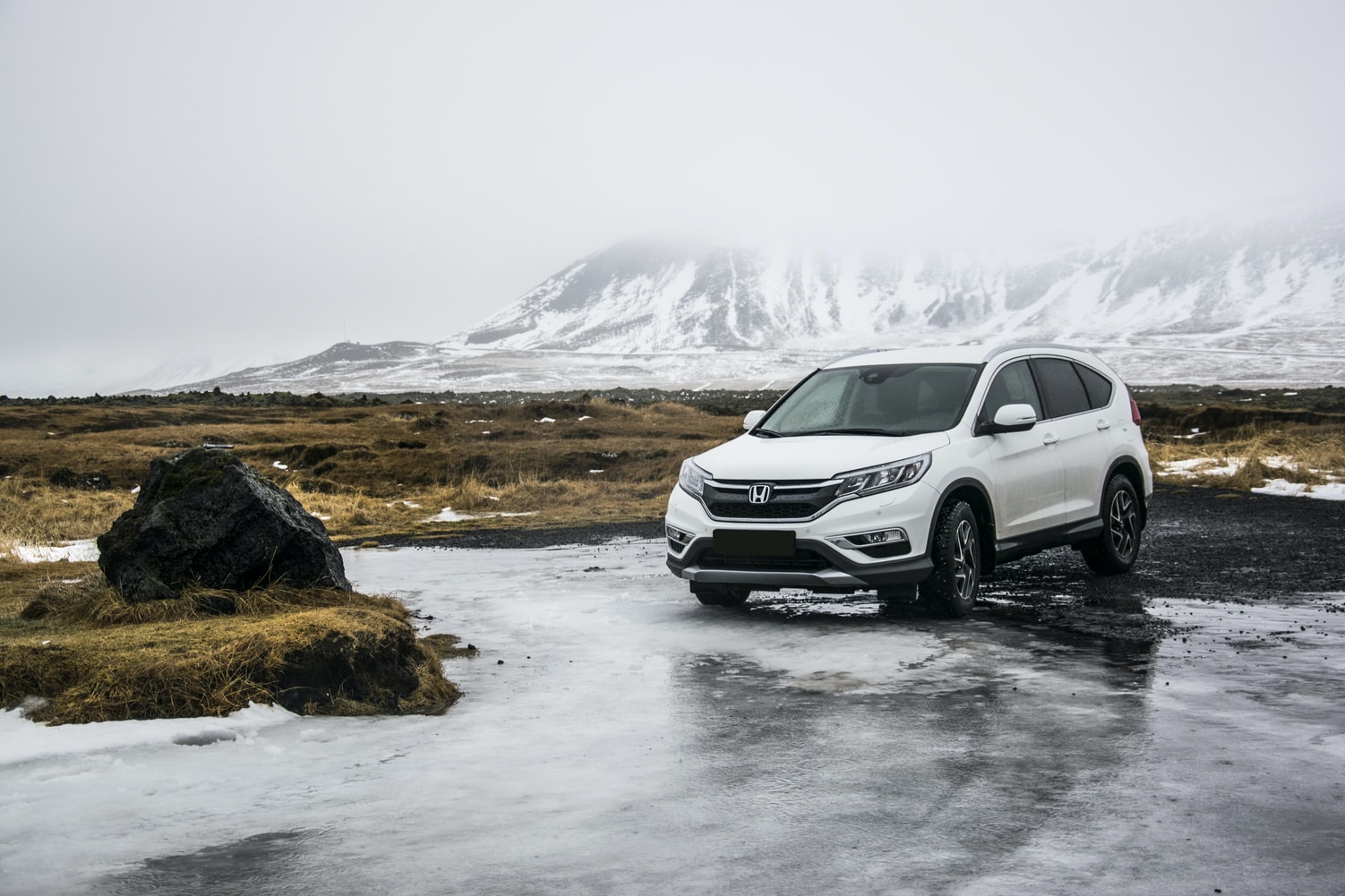SUVs, also known as Sports Utility Vehicles, have been in existence for decades. Structured on a truck chassis, these spacious and well-balanced vehicles are well suited for rough terrains and off-roading. Crossovers, on the other hand, have just begun gaining popularity in recent years. While they may look quite similar to SUVs in terms of design and cargo space, they are, however, structured on a car chassis. Although a decent alternative to standard utility vehicles, crossovers now outsell SUVs. Let me tell you why.
Suv Vs Crossover – The Difference
Choosing between an SUV and a crossover depends on individual needs and choices. Here are a few differences between both vehicles.
Framework: SUVs are similar to trucks with regard to their framework. Like trucks, they are constructed using a “body-on-frame” approach. It starts with a sturdy metal frame that serves as a base for components like the engine, suspension, axles, and transmission. A crossover is designed with a car’s “unibody” architecture; this means its body and frame are built on a single piece.
Coverage: SUVs can drive seamlessly on off-road tracks. Ruggedness, compatible suspension, and drivetrain make SUVs a road warrior all of which are lacking in a crossover.
Sizes: Typically, crossovers tend to be smaller in size with most models being categorized as mid-size [Honda Pilot], subcompact, and compact [Ford Escape]. SUVs are categorized as either mid-sized or full-sized [Mercedes G-Class].
Suv Vs Crossover – The Similarities
Safety: SUVs and crossovers are designed with a host of standard safety features that provide exceptional safety for its users.
Capacity: Both vehicles are generally more rugged and can be used to haul larger payloads. There’s a common misconception that you can’t tow with a crossover, however, modern crossovers like the Mitsubishi Eclipse Cross are unibody-platform vehicles that come with higher tower capabilities.
Durability: Both vehicles are the highest sold vehicles in the world as they outsell conventional passenger cars. Experts predict that SUVs and crossovers would soon outnumber conventional vehicles. The increasing demand and popularity are as a result of the durability and strength of these vehicles.
Space: They provide ample passenger and cargo space. This makes them a popular choice for families with large siblings.
Which One Is Best For You
Either a crossover or an SUV may be tailored to suit your needs and that of your family, however, your choice depends on what you will use the vehicle for.
SUV Pros
– An SUV is ideal for adventurous individuals and outdoor enthusiasts who don’t know what to expect on the way.
– SUVs are truck-like vehicles and as such, are meant for rougher and high-impact terrains. Their heavy body-on-frame structure can withstand obstacles, harsh weather, and bad roads.
Crossover Pros
– Since they are built on a car platform, you’d expect them to have good fuel economy. Well, they are! This is one of the obvious reasons many car owners opt for crossovers.
– The unibody framework makes crossovers lighter than SUVs. This contributes to its speed, efficiency, and smooth rides.
Conclusion
Just because crossovers are outselling SUVs doesn’t mean they are more durable. Crossovers are lighter, more stable, and secure thanks to its raised body construction and inherent structural rigidity. If you’re not looking to explore forests and places with high terrains or you just want to save money on fuel and repairs, crossovers are the way to go. SUVs on the other hand, are not only ideal for high-impact terrains but are also more durable thanks to the body-on-frame performance. They’re powered by V6/V8 engines or turbo engines which give them an increased performance and speed. What SUVs lack in fuel economy, they make up for in off-road advantage.








